Pakistan’s descent into crisis
A series of disasters is setting the nuclear power on a path towards total collapse
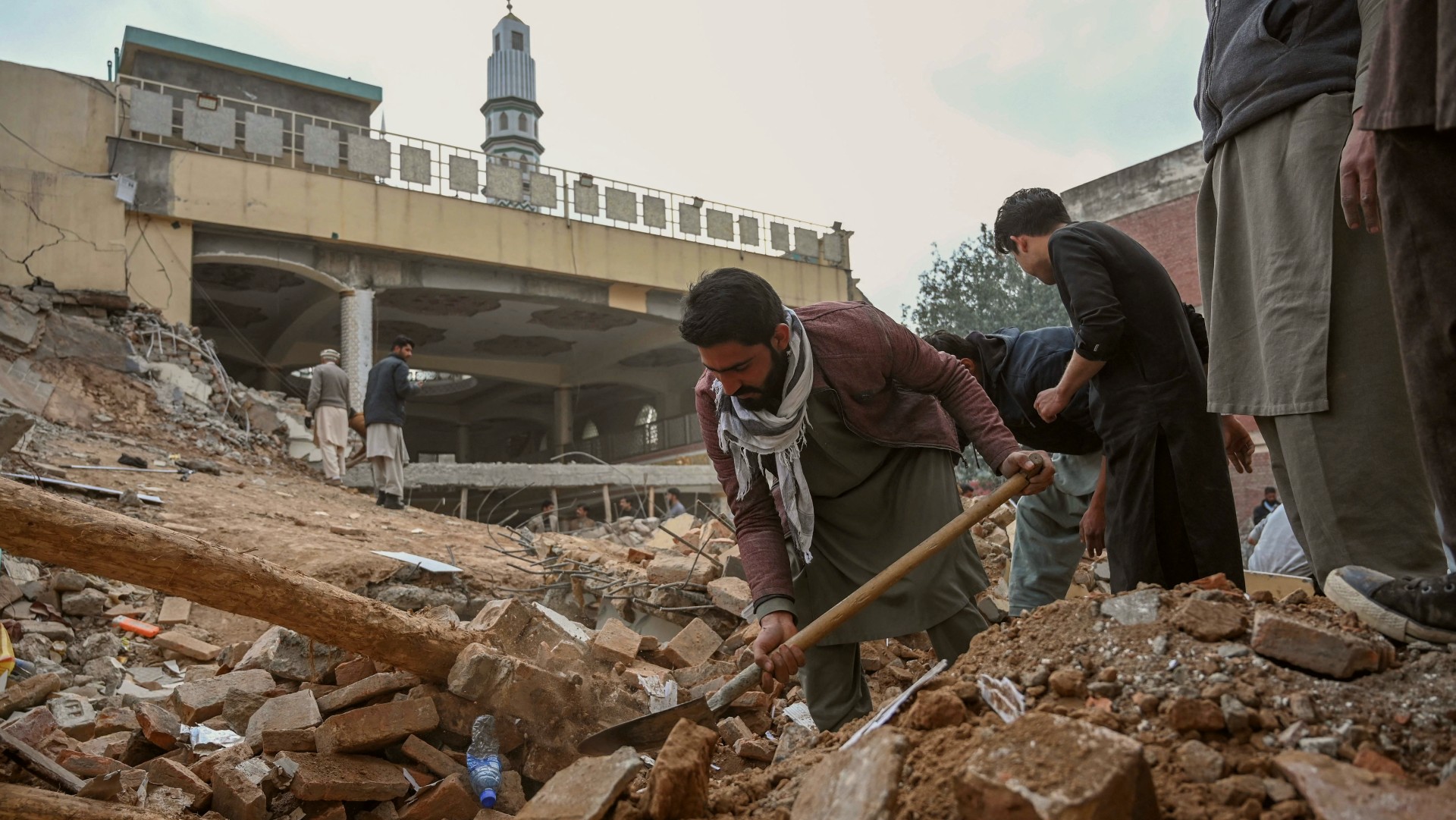
A free daily email with the biggest news stories of the day – and the best features from TheWeek.com
You are now subscribed
Your newsletter sign-up was successful
Pakistan appears to be on the brink of a full-blown crisis with the country struggling to get on top of mounting security threats, political uncertainty and economic instability.
Although the nuclear power is no stranger to turmoil, “a storm of global troubles” – particularly Russia’s invasion of Ukraine and the Taliban’s resurgence in Afghanistan – is only deepening the country’s woes, said NPR.
What’s gone wrong?
“There are three crises intersecting at the moment in Pakistan,” said The Intercept: “an economic crisis, a political crisis and a security crisis.”
The Week
Escape your echo chamber. Get the facts behind the news, plus analysis from multiple perspectives.

Sign up for The Week's Free Newsletters
From our morning news briefing to a weekly Good News Newsletter, get the best of The Week delivered directly to your inbox.
From our morning news briefing to a weekly Good News Newsletter, get the best of The Week delivered directly to your inbox.
The economic outlook is particularly dire. “This is the worst economic crisis that Pakistan has faced in decades,” Maleeha Lodhi, a former Pakistani ambassador to the US, told NPR. Foreign exchange reserves held by the State Bank of Pakistan plummeted to $2.9bn in February, with the country’s public debt standing at $270bn.
The International Monetary Fund (IMF) forecasts slow growth and high inflation for Pakistan this year, reported Al Jazeera, with unemployment also on course to increase. Almost 200,000 Pakistanis left the country in the first three months of 2023, according to Deutsche Welle.
The country is currently negotiating another bailout package from the IMF, but there could be painful concessions attached. Pakistan’s economy is on a “suicidal path”, Zubair Khan, an economist and former IMF official, told The Guardian. “Our government is pursuing the wrong policies and the IMF programme is aggravating the situation.” Khan added that the increase in taxes requested by the IMF will worsen Pakistan’s balance of payments crisis.
Meanwhile, political infighting and frequent changes in leadership have left the country in a precarious position, according to NPR. Following his removal from power last year, the charismatic former prime minister and cricketer Imran Khan has been staging huge rallies hoping to regain his position in general elections expected this October. Targeted in an assassination attempt last November, critics fear that had Khan been killed, widespread national conflict could have broken out, such is the febrile state of the country’s politics.
A free daily email with the biggest news stories of the day – and the best features from TheWeek.com
The latest threat, most Pakistanis would agree, is “dealing with militant Islam”, said Foreign Policy. Ever since the Taliban returned to power in Kabul in 2021, the Tehrik-i-Taliban Pakistan (TTP) has become emboldened, “armed with weapons left behind by the retreating US forces”, added the magazine. A TTP attack in Peshawar on 30 January, “killed and injured scores of police officers as they prayed”, said Foreign Policy, in the biggest of the recent attacks on army and police positions “that have sent the people of the northwestern mountains out onto the streets to call for peace and protection”.
Why has it got so bad?
Pakistan is still struggling to recover from the extensive damage caused by floods last year, reported Atmos. Historic monsoon rains left a third of the country under water last August, ruining much of the upcoming harvest, homes, livestock and health facilities.
A report assessing crop loss in Sindh province conducted by the International Centre for Integrated Mountain Development, a Nepal-based research organisation, showed that flooding was particularly severe in rice-growing areas. This has resulted in the estimated loss of 80% of the province’s forecast rice production. Six months later, more than 10 million people were still without safe drinking water, according to Unicef.
Meanwhile, the crisis in Ukraine has “triggered a steep rise in the price of commodities like natural gas, cooking oil and wheat”, said NPR, which is a disaster for a country so dependent on its imports. Since the Taliban takeover in Afghanistan and the withdrawal of US forces, Islamabad has become less strategically important on the world stage, making it harder to seek help from global institutions, while relations with India show no signs of improvement.
What does this mean for the rest of the world?
Experts fear that the scale of the crisis in a nuclear country the size of Pakistan – the fifth most populous in the world – could have troubling global consequences. “The world didn’t like the outflows of refugees and weapons that came from countries like Syria and Libya,” Uzair Younus, director of the Pakistan Initiative at the Atlantic Council’s South Asia Center, told The Intercept. “In comparison, Pakistan is magnitudes larger and more consequential.”
If Pakistan doesn’t get a grip on its economy, growing discontent could lead to mass protests. People are struggling to get hold of basic goods, and already this year there have been major blackouts across the country. Analysts fear many more people could be pushed below the poverty line. “If you’re unable to meet the economic needs of the people and just respond with force, it will only catalyse greater anger,” Arif Rafiq, from the Middle East Institute, told The Intercept.
Felicity Capon is senior editor of The Week Junior, where she oversees the magazine’s international news section. She was the title’s editor for several years, during which she was shortlisted for the BSME Fiona Macpherson Best New Editor award. She also appeared on The Emma Barnett Show on Radio 5 Live, The Sarah Brett Show and the Media Masters podcast. She is a regular contributor to The Week Unwrapped podcast, and has written for The Week, The New Statesman, The Times, The Telegraph and Newsweek.
-
 Quentin Deranque: a student’s death energizes the French far right
Quentin Deranque: a student’s death energizes the French far rightIN THE SPOTLIGHT Reactions to the violent killing of an ultra-conservative activist offer a glimpse at the culture wars roiling France ahead of next year’s elections.
-
 Secured vs. unsecured loans: how do they differ and which is better?
Secured vs. unsecured loans: how do they differ and which is better?the explainer They are distinguished by the level of risk and the inclusion of collateral
-
 ‘States that set ambitious climate targets are already feeling the tension’
‘States that set ambitious climate targets are already feeling the tension’Instant Opinion Opinion, comment and editorials of the day
-
 Children trapped 900ft in the air in Pakistani cable car emergency
Children trapped 900ft in the air in Pakistani cable car emergencySpeed Read A helicopter rescue effort has been launched to save the stranded group of eight
-
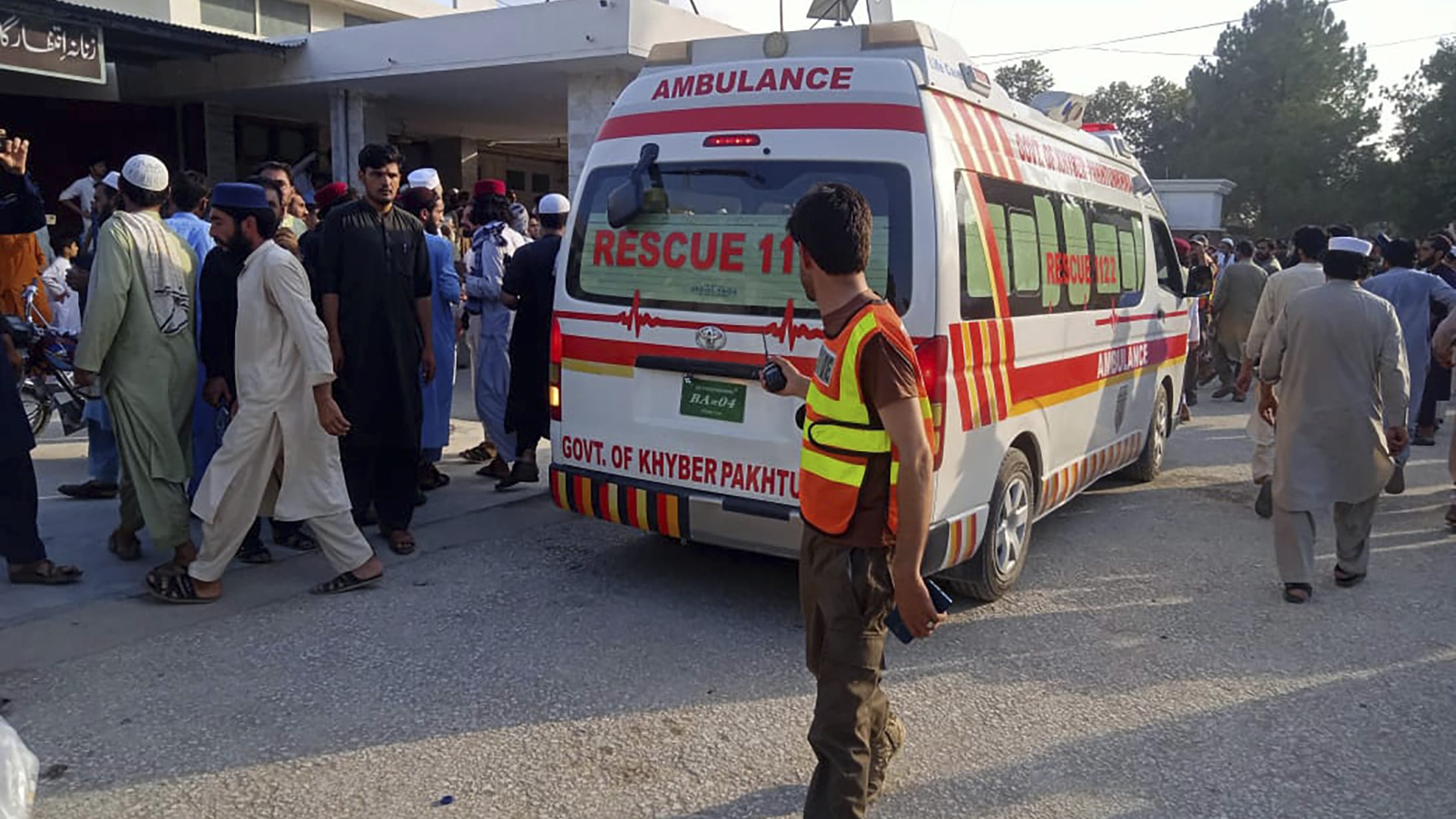 Blast at political rally in Pakistan kills 43, wounds 200
Blast at political rally in Pakistan kills 43, wounds 200Speed Read
-
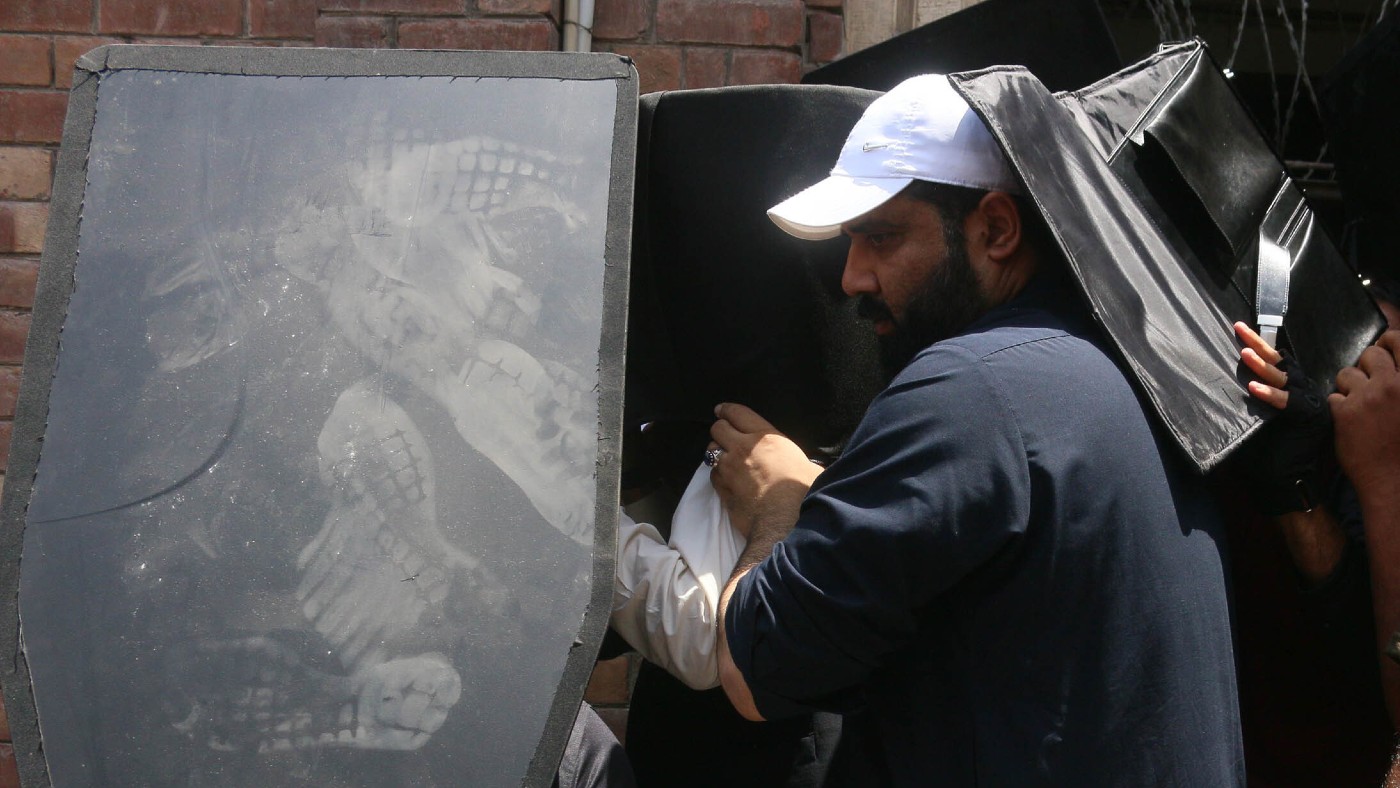 Imran Khan arrest: Pakistan enters ‘uncharted territory’
Imran Khan arrest: Pakistan enters ‘uncharted territory’feature Incident escalates constitutional crisis that has dragged on since former PM was removed from power
-
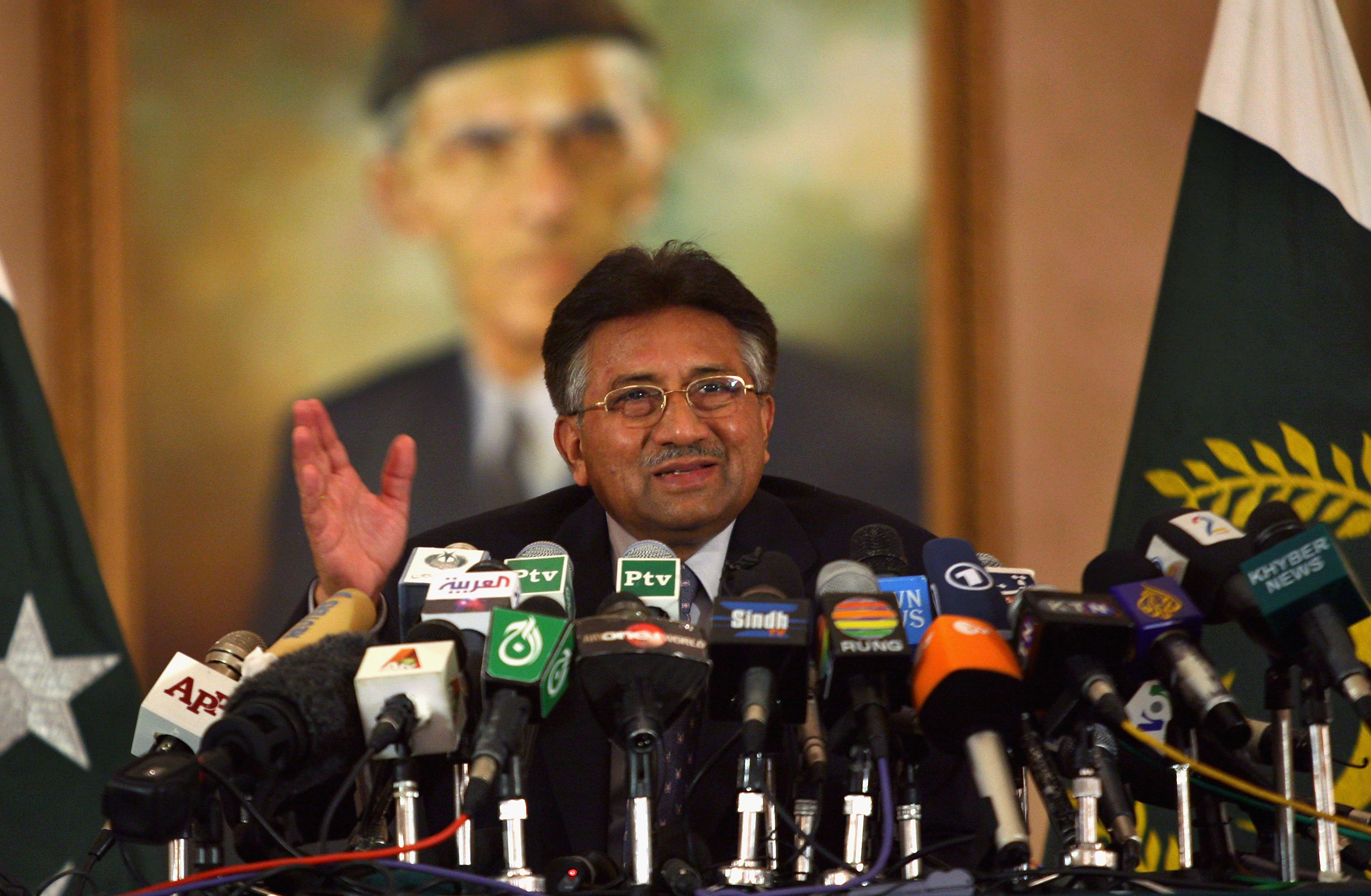 Pervez Musharraf, ruler of Pakistan during war on terror, dies at 79
Pervez Musharraf, ruler of Pakistan during war on terror, dies at 79Speed Read
-
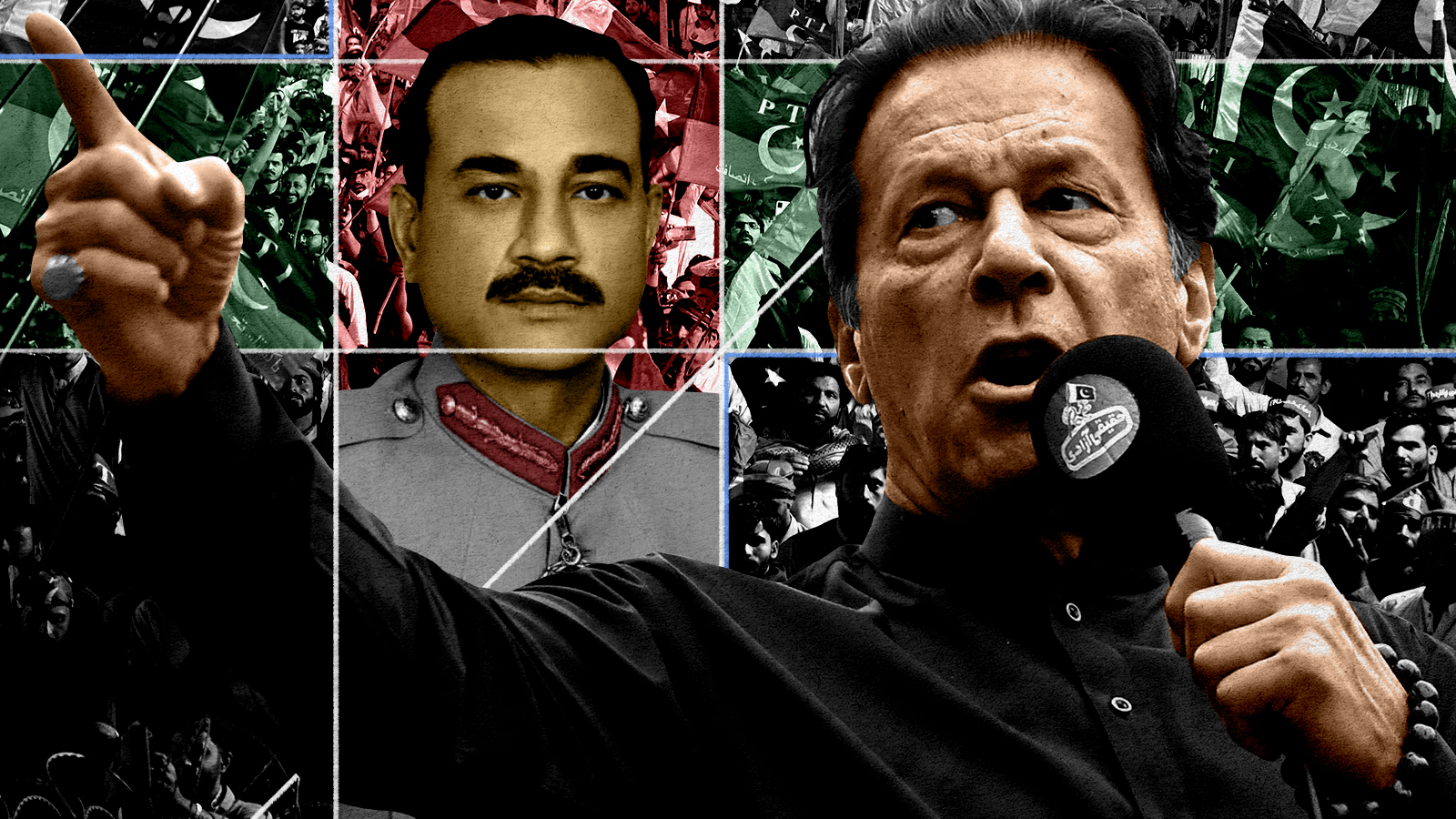 A brief history of Pakistan's recent political turmoil
A brief history of Pakistan's recent political turmoilSpeed Read An ousted prime minister and a meddling army — what could go wrong?
-
 Instant Opinion: Labour rivals have ‘reason to fear’ Starmer
Instant Opinion: Labour rivals have ‘reason to fear’ StarmerIn Depth Your guide to the best columns and commentary on Wednesday 18 December
-
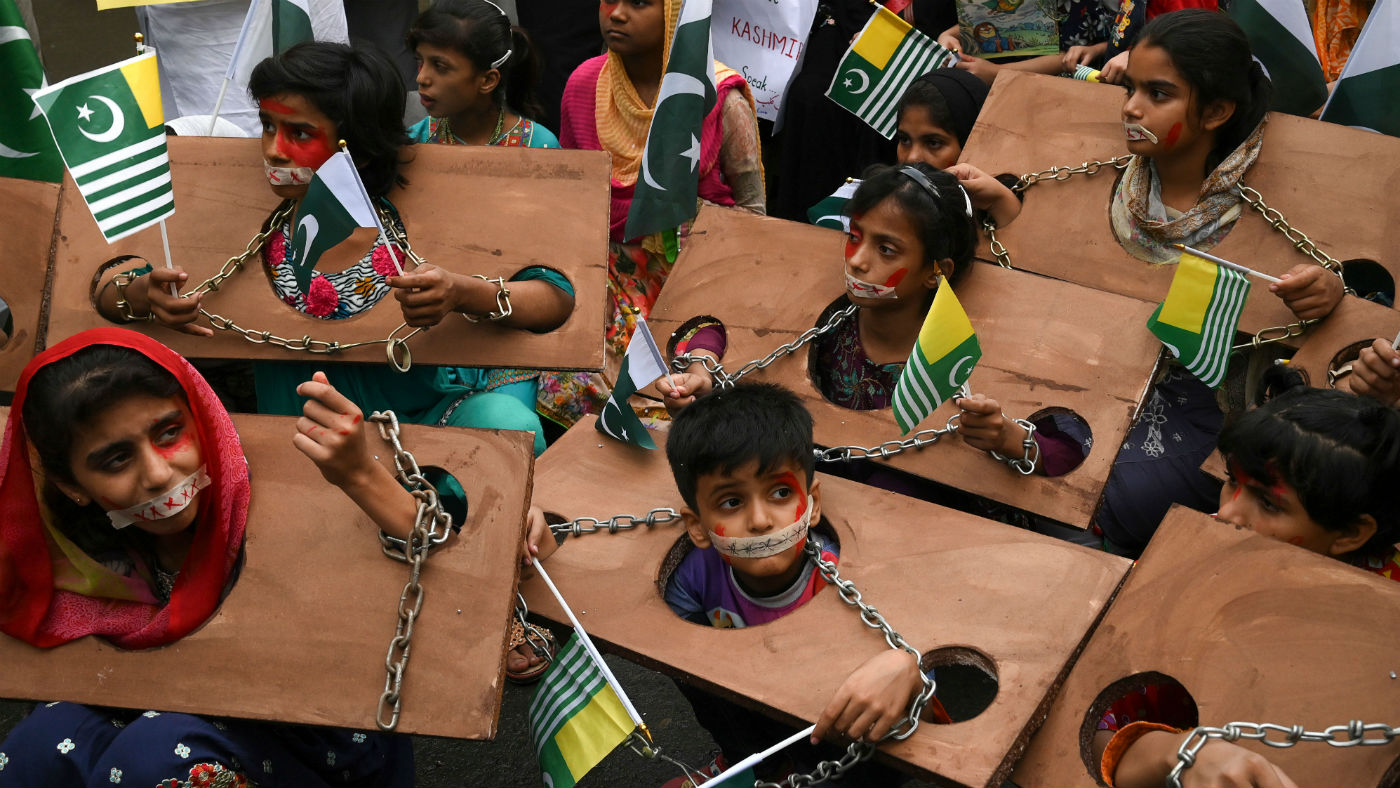 China and India clash over division of Kashmir
China and India clash over division of KashmirSpeed Read Region’s special status downgraded sparking tensions between nuclear powers
-
 Instant Opinion: ‘Women’s bodies don’t need fixing’
Instant Opinion: ‘Women’s bodies don’t need fixing’In Depth Your guide to the best columns and commentary on Tuesday 6 August